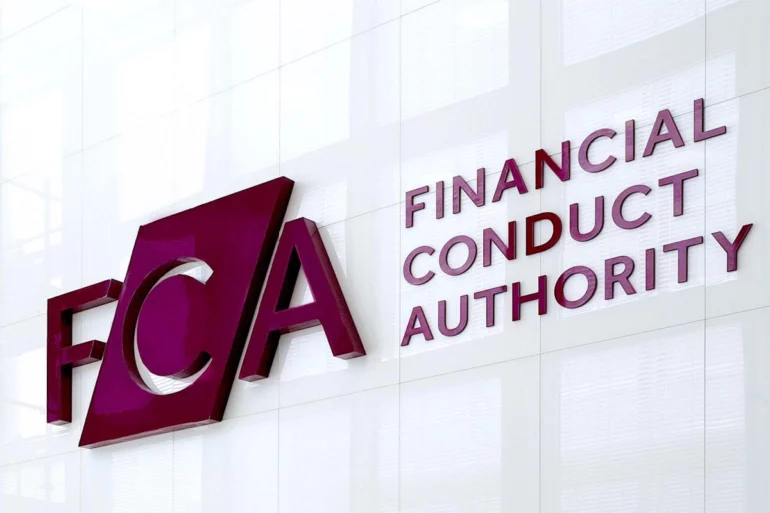The Financial Conduct Authority (FCA) and Prudential Regulation Authority (PRA) have outlined proposals to reform the Senior Managers and Certification Regime (SM&CR), aiming to make it more efficient and less burdensome for firms while preserving core standards of accountability.
This first phase of reforms comes as the Government consults separately on legislative changes, which include plans to remove the Certification Regime and offer regulators greater flexibility in determining which senior management functions (SMFs) require pre-approval.
The joint proposals from the FCA and PRA aim to support growth in financial services while continuing to uphold consumer protection and the stability of the sector.
Among the proposed changes are measures to allow more time and flexibility for firms when submitting applications for new senior managers in the event of temporary changes.
The regulators also propose removing duplication where individuals are certified for multiple functions, reducing certification roles by 15%.
Further suggestions include extending the validity of criminal record checks, clarifying SMF role definitions, and allowing more time to update the directory of certified staff.
Nikhil Rathi, chief executive of the FCA, said: “Integrity and accountability at the top matter, which is why there is widespread support for the Senior Managers and Certification Regime.
“We are proposing streamlining the rules, so they work better for industry and support competitiveness and our approach to outcomes-based regulation, while maintaining the high standards the regime has set.”
Sam Woods, chief executive of the PRA and deputy governor for prudential regulation at the Bank of England, said: “High standards of accountability are important for maintaining confidence in our financial services industry.
“Today’s changes will reduce the burden of the Senior Managers and Certification Regime without diluting accountability, and we will work with the government on further reforms.”
The consultations follow the regulators’ 2023 Discussion Paper and are intended to align with a broader shift toward outcomes-focused regulation.



